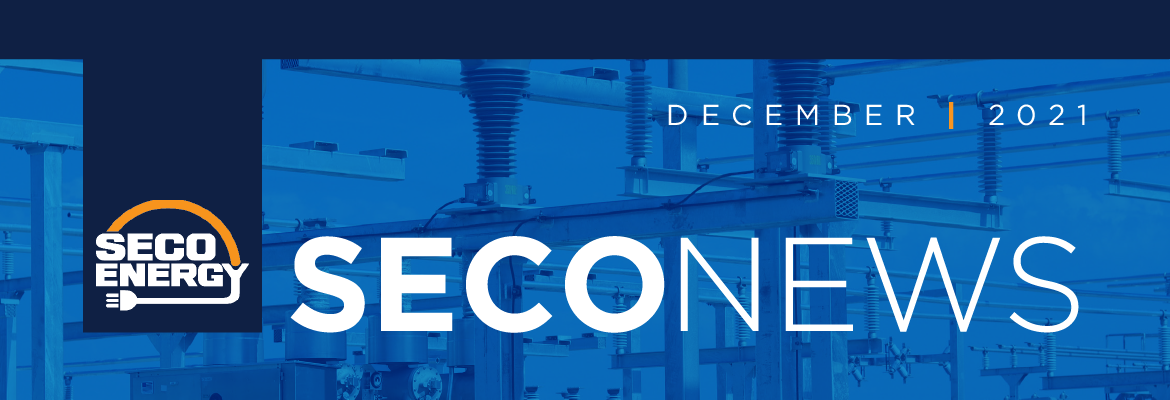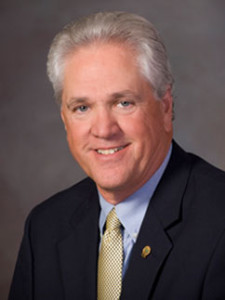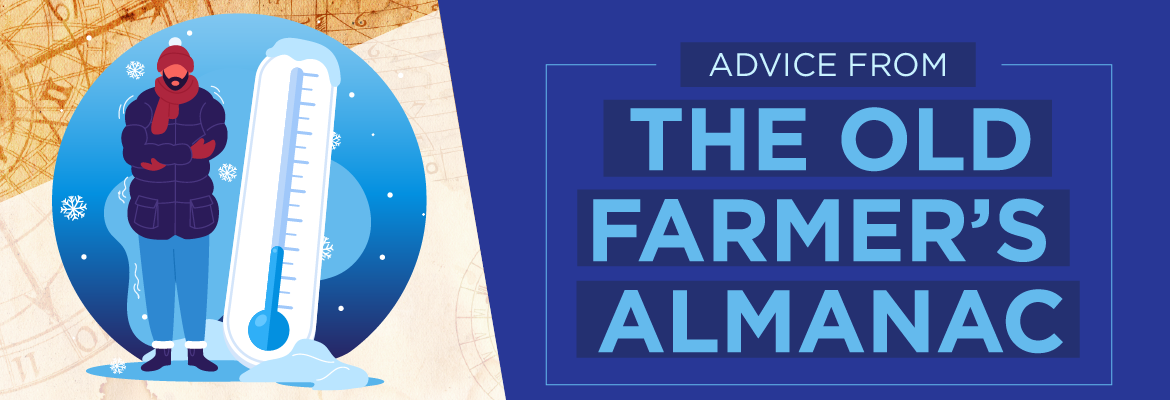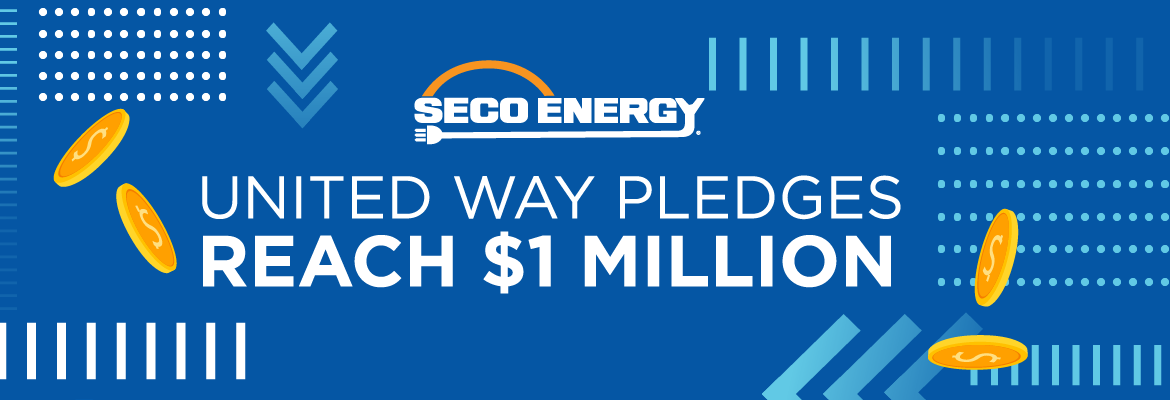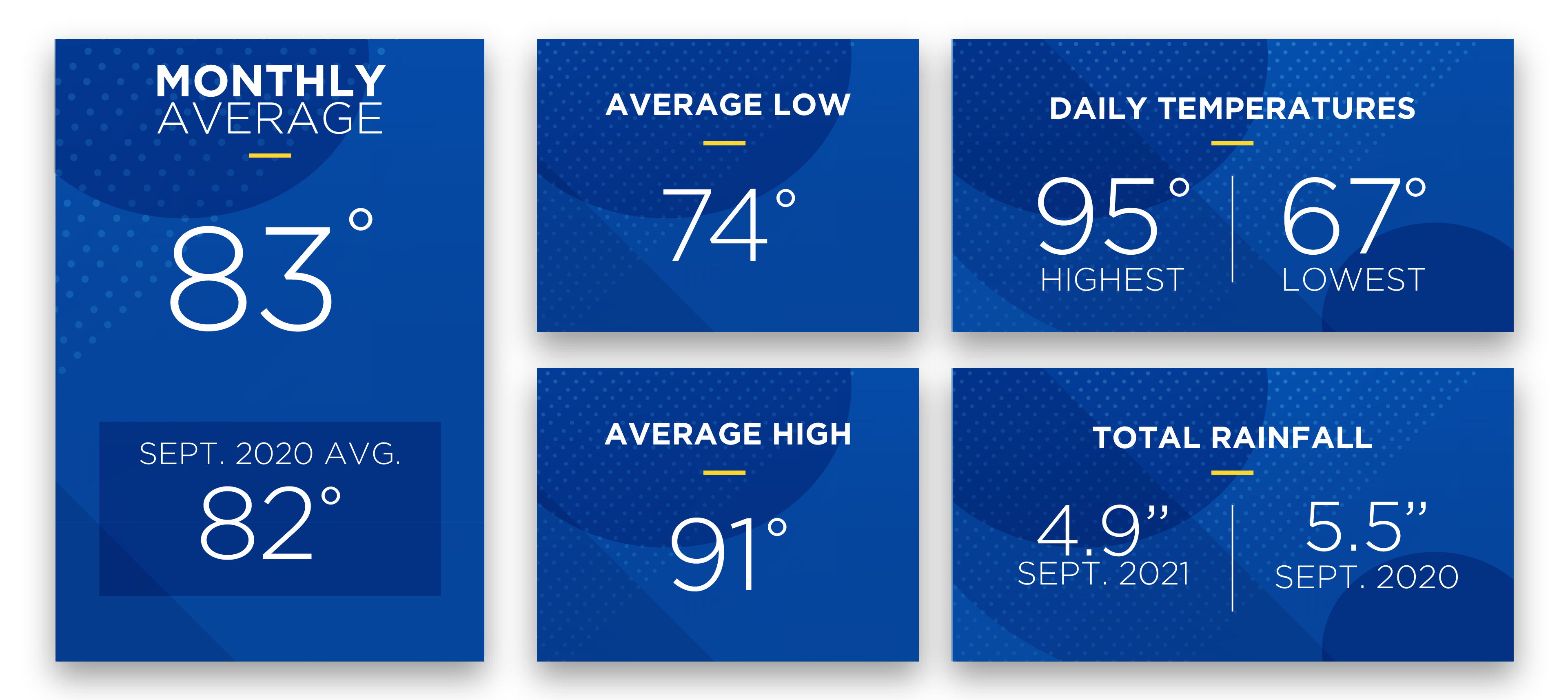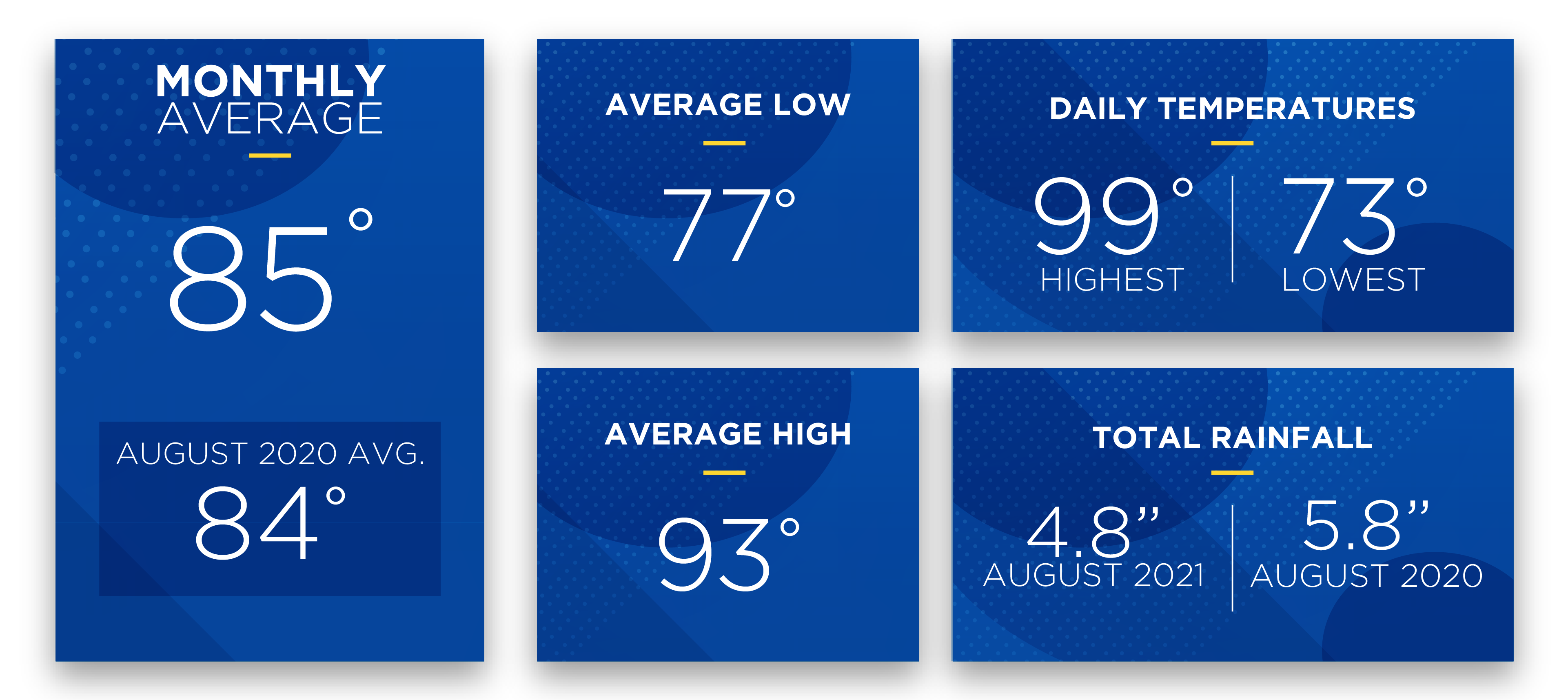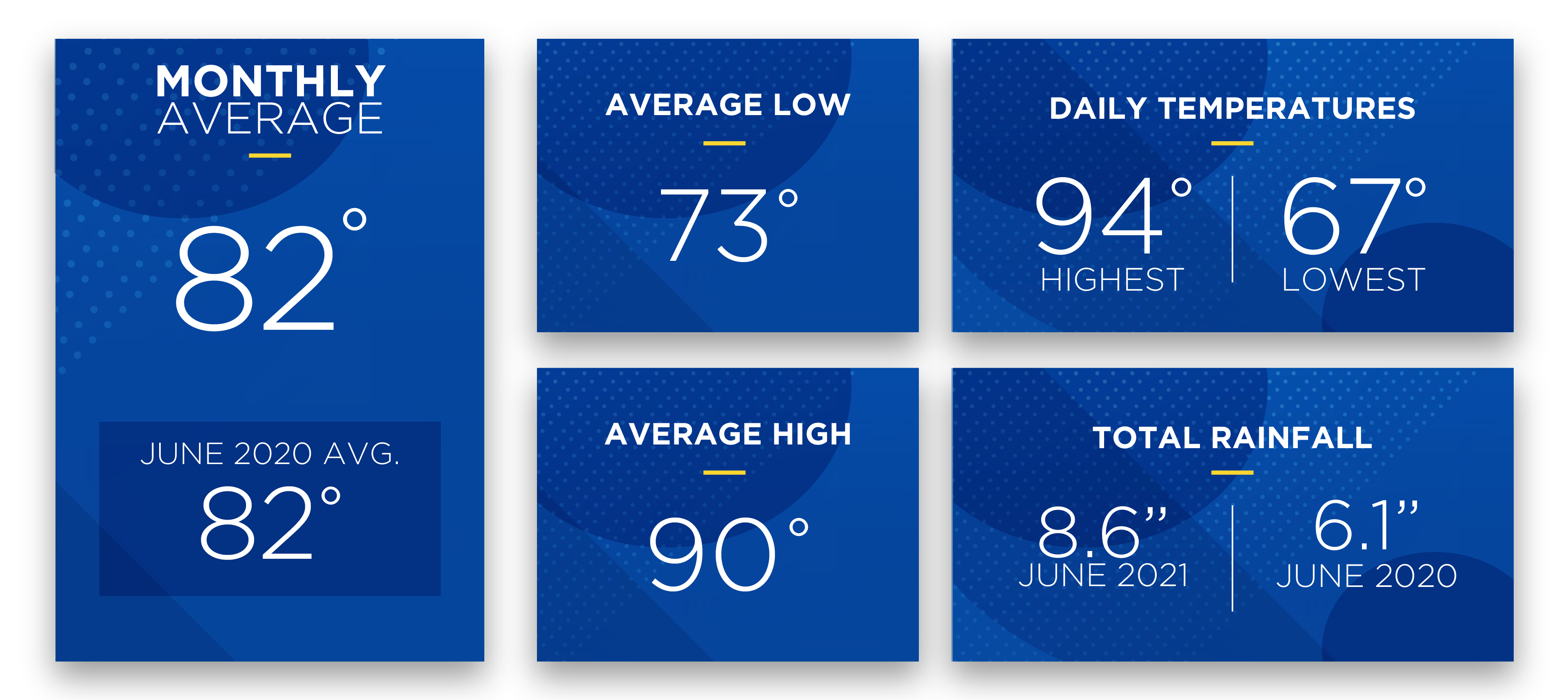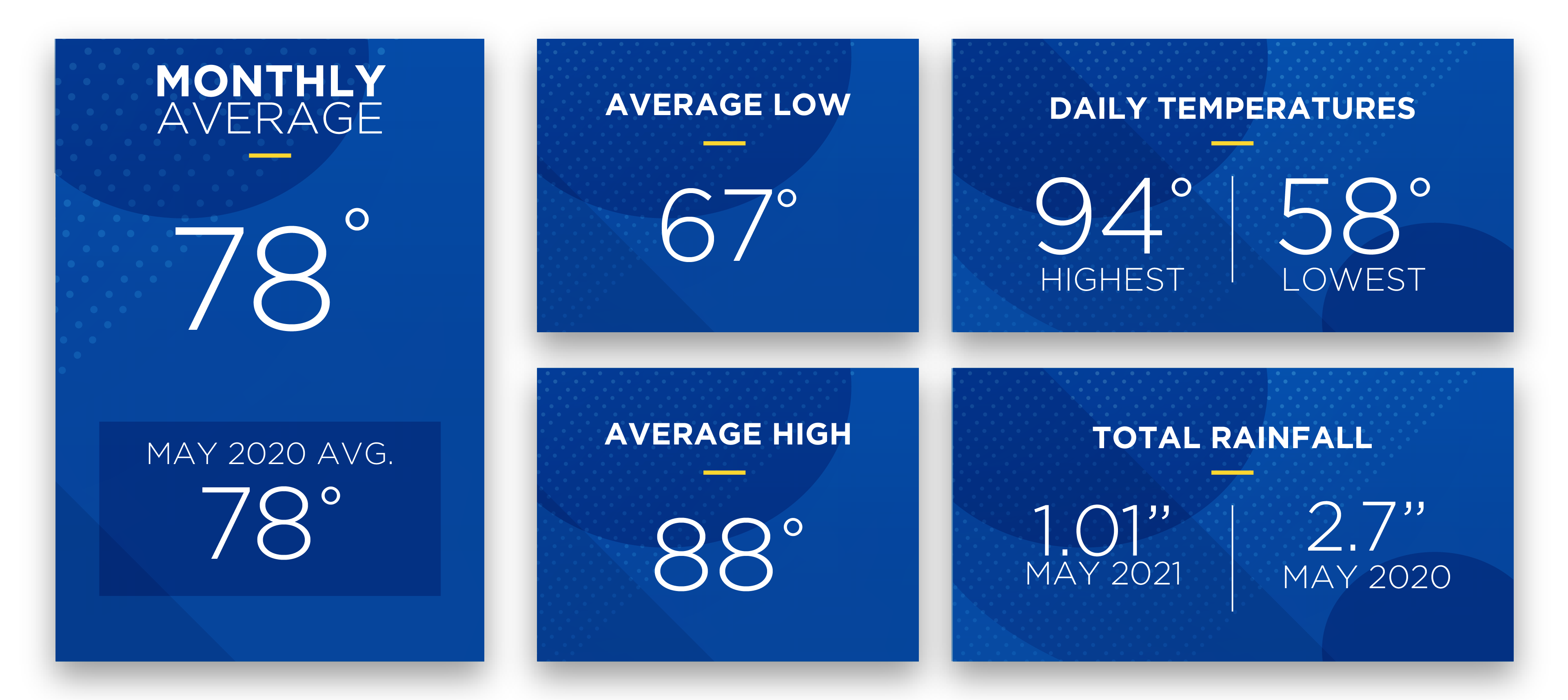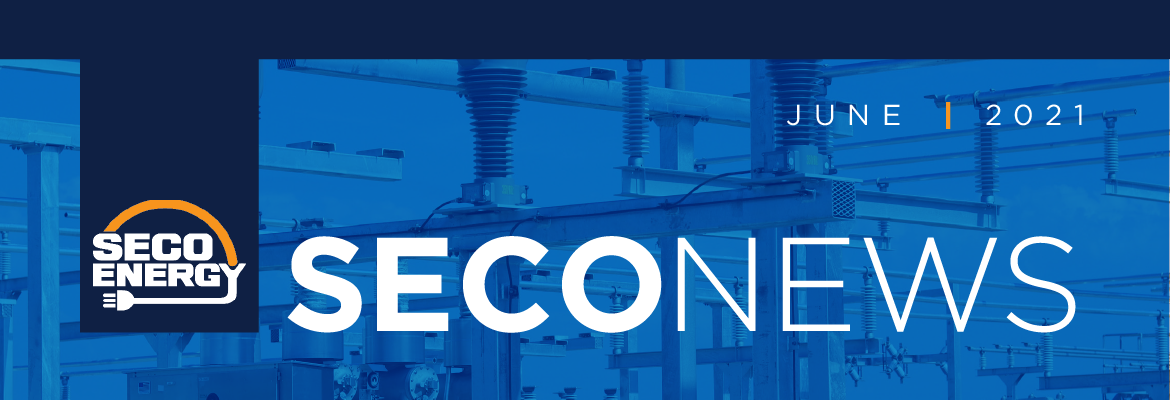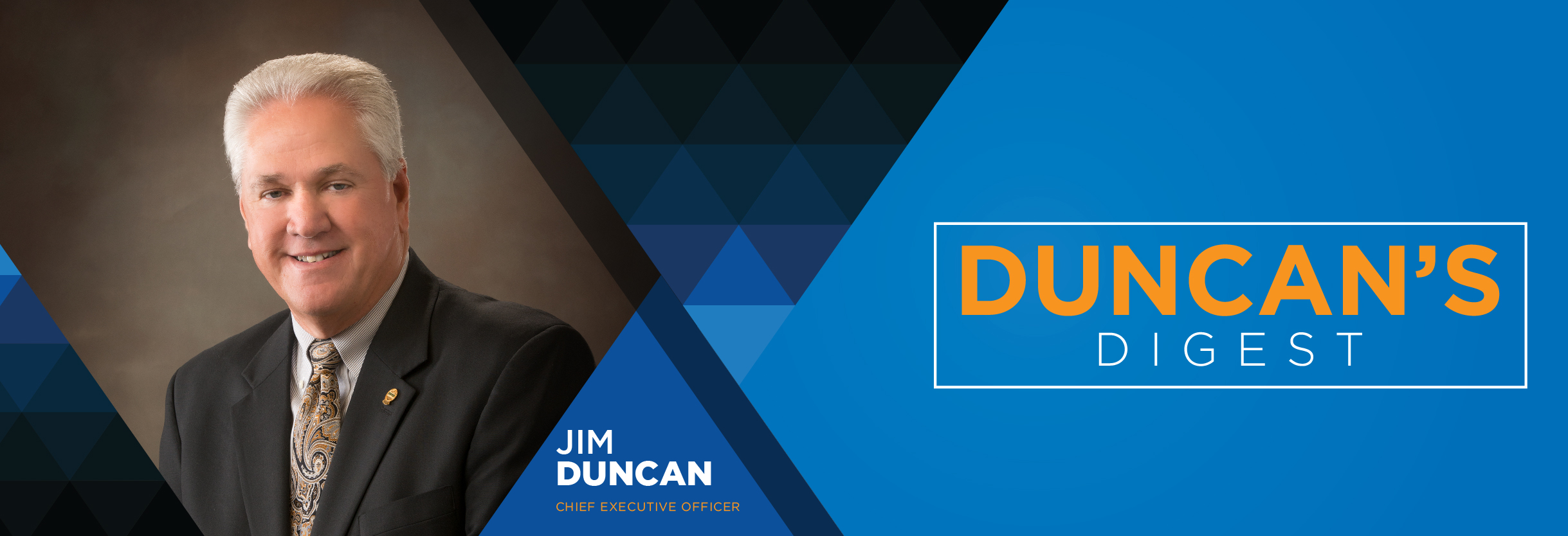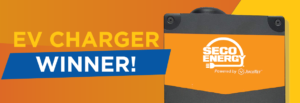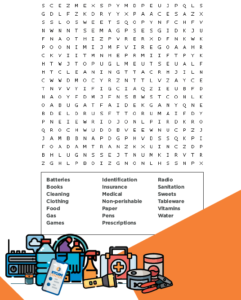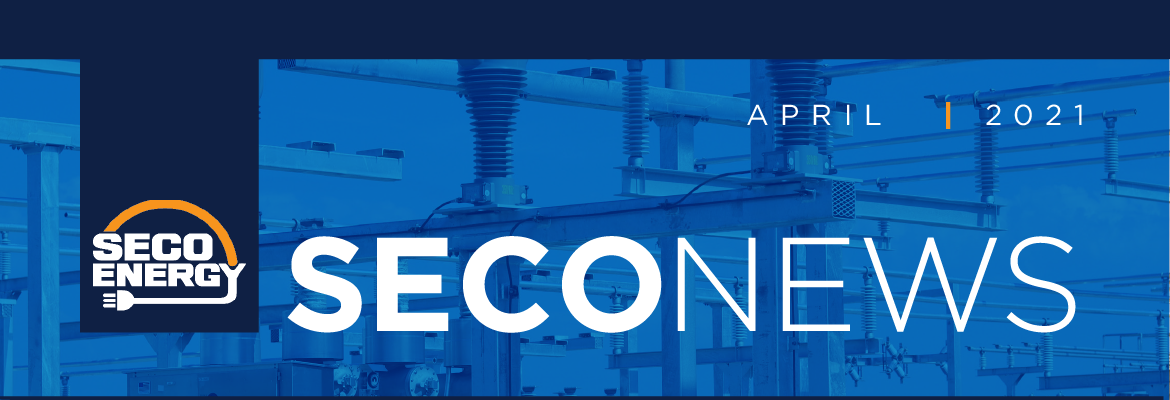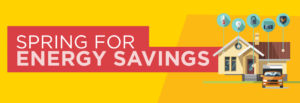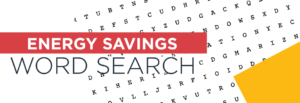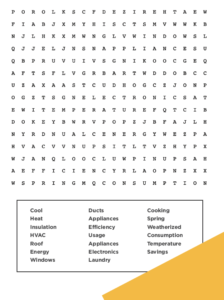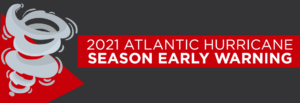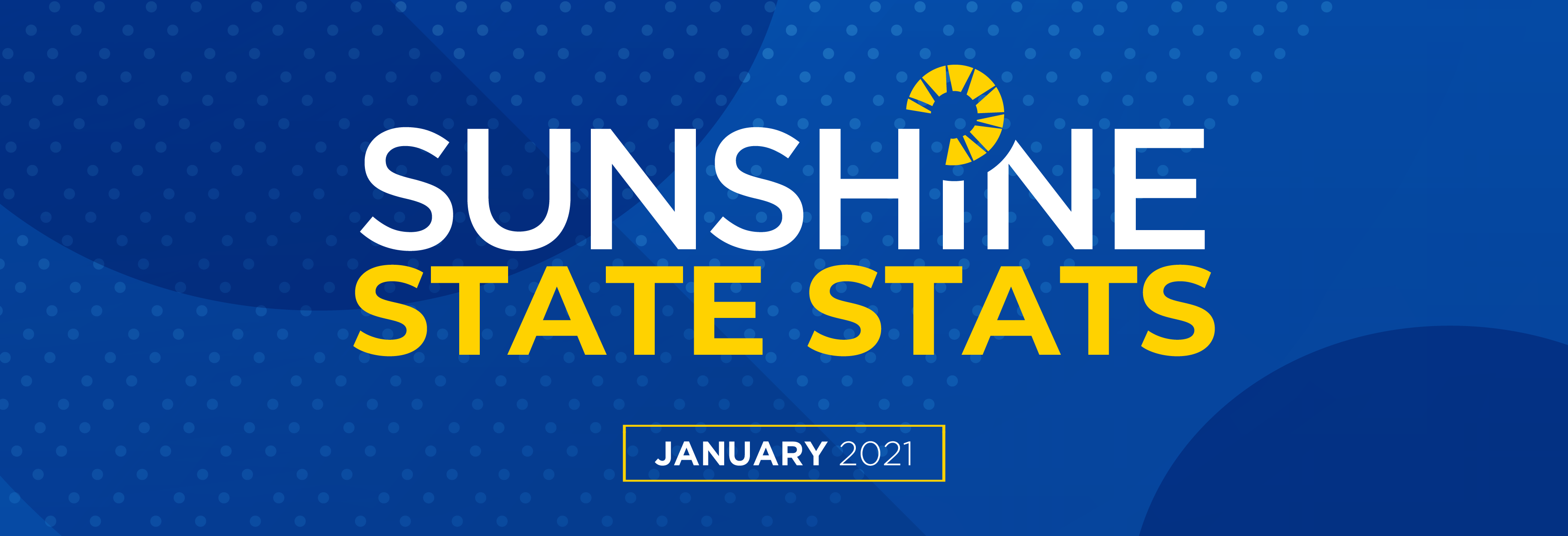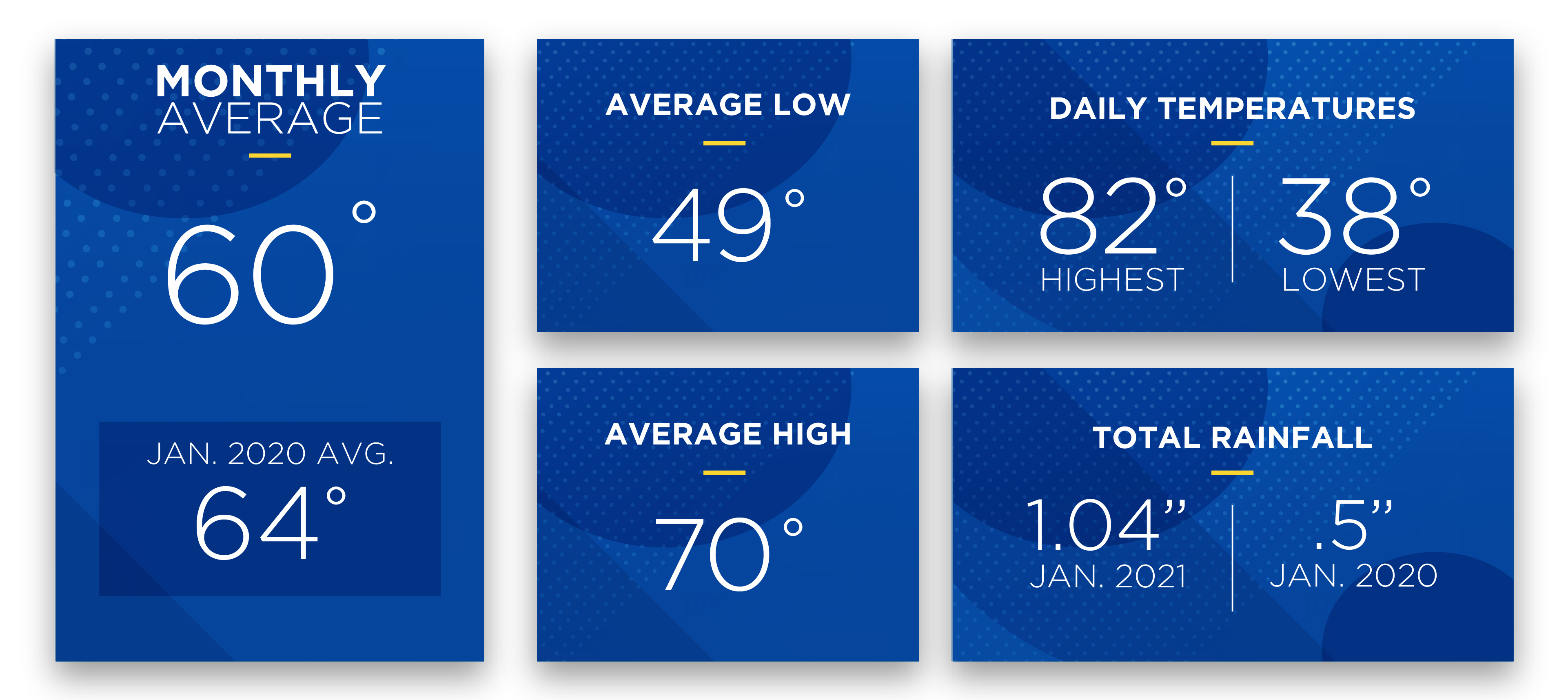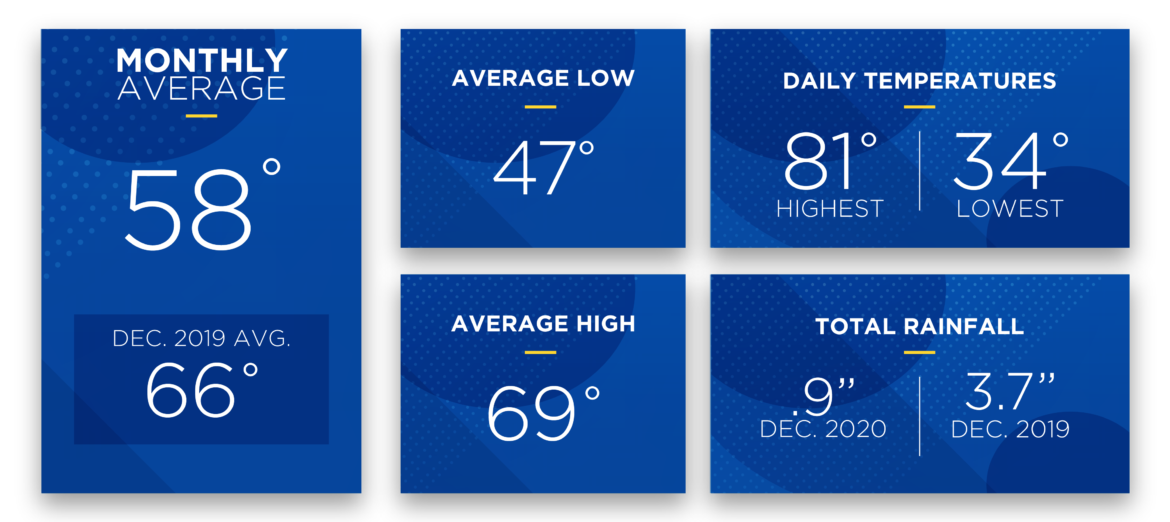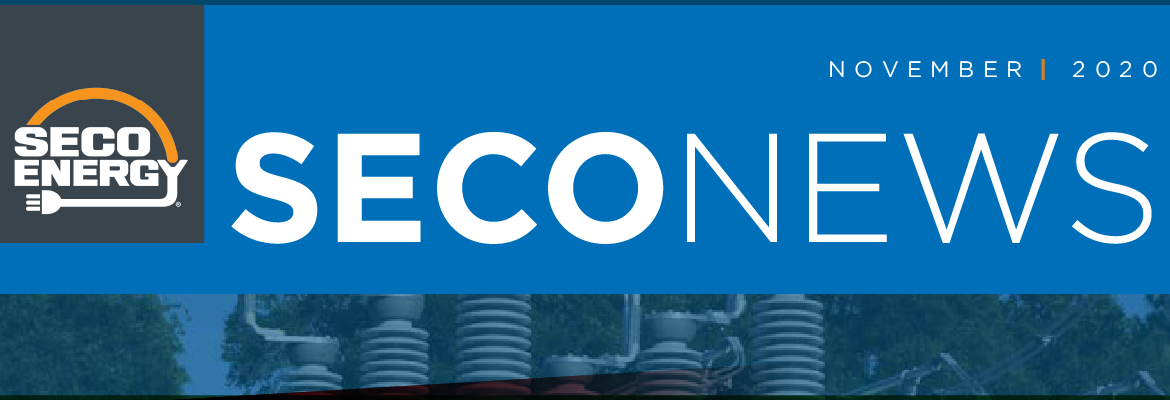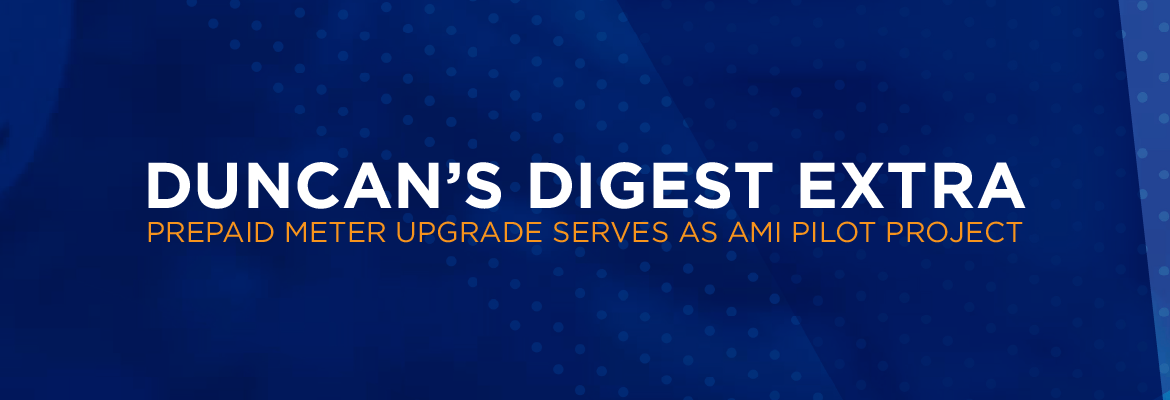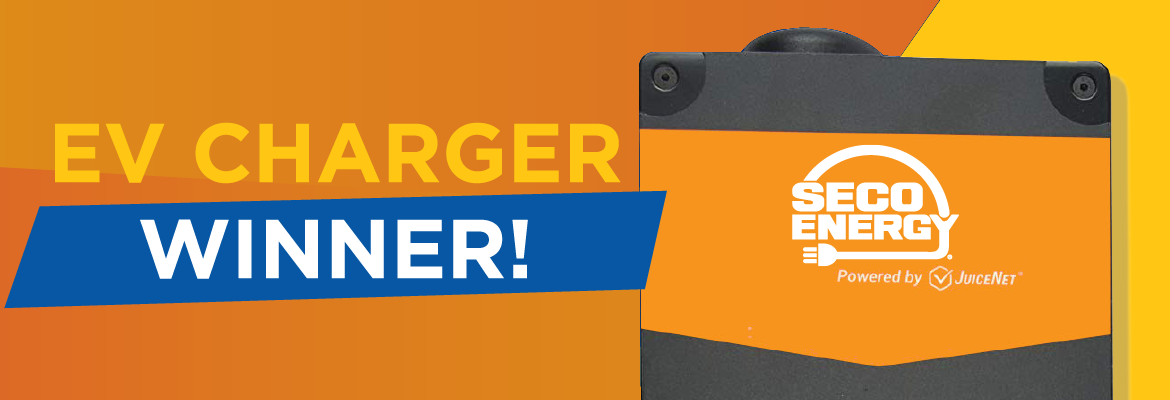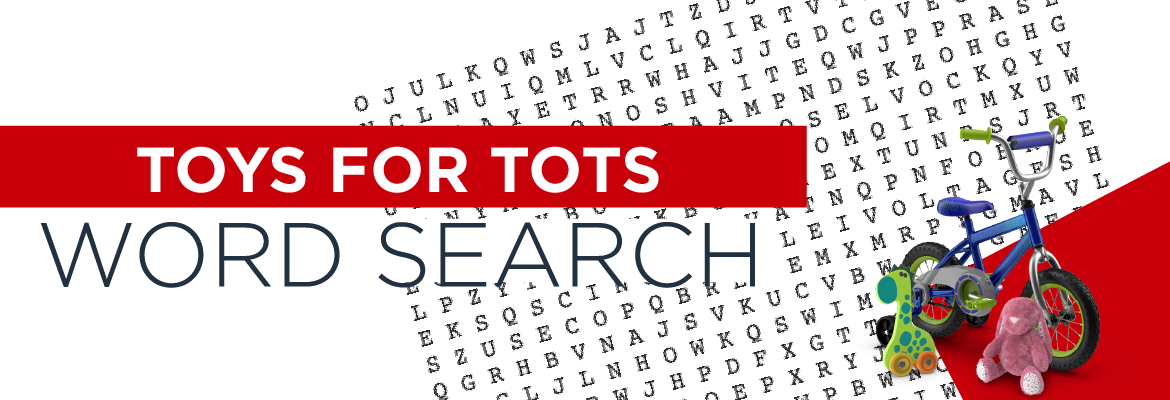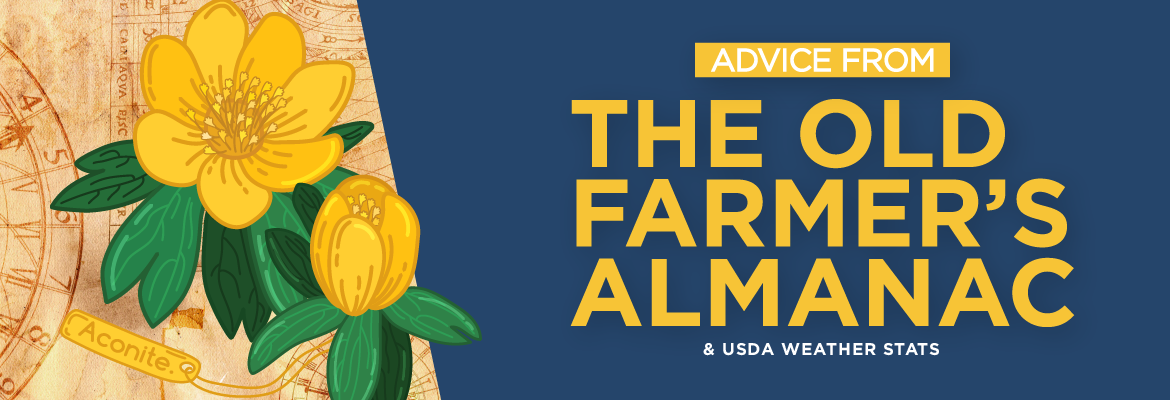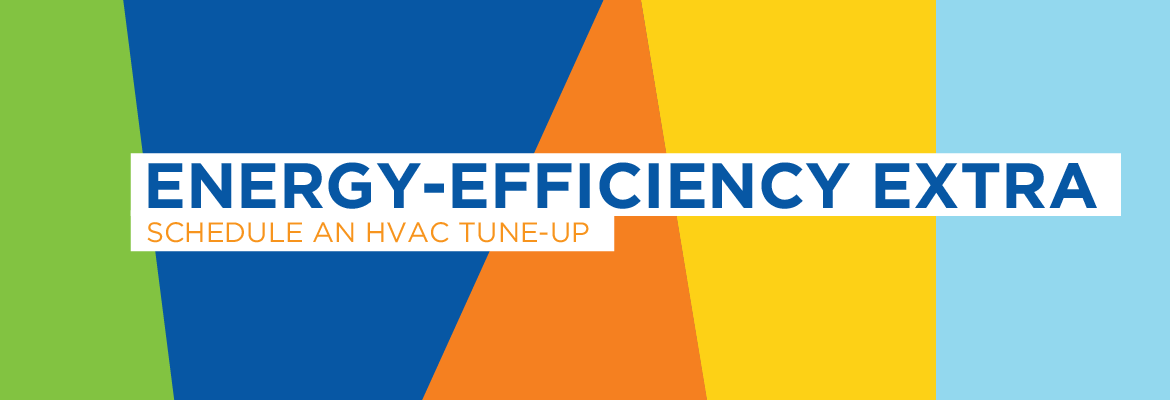SECO News December 2021
Happy Trails, J.D.!
Dear Members,
I announced my retirement from SECO Energy earlier this year after 43 years of service. Time has flown, and this major life change is bittersweet and much more emotional than I’d ever anticipated. Much has changed over the last four decades, but growth has been the constant since our founding in 1938.
When I came onboard as SECO’s Finance Director in 1979, our meter count totaled 36,823. In my first CEO Report at the 1991 Annual Meeting, I reported our meter count increased to 66,000 – a 44 percent increase in membership. In 1999, we reached the 100,000-meter milestone.
At the end of 2017, we surpassed the milestone of energizing our 200,000th meter. As I write this farewell address, the company’s infrastructure value has just surpassed the $1 billion mark. The growth isn’t slowing down. In fact, The Villages recently earned the title as the fastest growing metropolitan area in the nation over the last decade with a Sumter County growth rate of 39%. Lake and Marion counties’ growth rates continue to climb at 29% and 13%, respectively. That kind of growth is rare in a not-for-profit electric utility business model and it’s one of the milestones that I am most proud of as I take my last walk from the building on January 3.
Over the course of the four decades, our cooperative’s employee giving campaigns have raised more than $1 million for our local United Ways to improve quality of life for the members in our service territory. Our Pennies from Heaven program is a program whereby members enroll to have their bills rounded up to the nearest dollar. The extra change is donated to the Pennies fund and the funds are used for bill payment assistance for our members and other worthy causes. The Pennies program has generated millions of dollars in our local area to help SECO members.
As a Marine, I’m proud that we annually support the Toys for Tots campaign. We are a company of employees who have made a difference in the lives of others through not only their financial generosity, but also in their commitment to ensuring that you receive the most reliable, affordable electric service possible.
Pinnacle examples of member satisfaction with our employees’ efforts are reflected in the three J.D Power awards we earned in 2015, 2016 and 2017. We’ve also been recognized by our members through increasing ACSI (American Customer Satisfaction Index) ratings with a record-high 91 in 2020. We are both a statewide and national frontrunner in ASCI rankings.
I spent the last decade building a leadership team that has made it possible to reach these milestones under Board of Trustee leadership that supported our ability to meet the ever-growing demand for power with cost controls that preserve low rates for members. Over the last two years, the COVID challenge placed unprecedented strain on our ability to operate safely and efficiently but our employees persevered. Still, I am retiring at a time when supply chain challenges threaten utilities’ ability to keep up with a growing population of new residents and businesses that are moving to Florida for not only the lifestyle but the economic prosperity.
The incoming CEO-elect Curtis Wynn is supported by a leadership team and 400 employees who he can count on to help him continue the legacy. It has been my distinct pleasure and privilege to lead this company and the membership who deserve our commitment to affordable, reliable electric service and our StormReady approach during hurricane season.
We hold up under crisis and are the fastest utility to recover even when hurricanes sweep right through the middle of the state. I can’t begin to explain how proud I am to have been at the helm and this goodbye is the toughest thing I have had to muster in my career. Thank you for letting me spend 43 years of life in service to you and our employees. It’s been my honor.
Sincerely,
Jim Duncan
Chief Executive Officer
ADVICE FROM THE OLD FARMER’S ALMANAC
The Old Farmer’s Almanac explains how to figure out cooling and heating degree days. To determine a cooling degree day, use the base temperature of 65 degrees. Every day the temperature reaches 65 degrees is a cooling day. For every degree over 65, adds one cooling degree. On a day that the mean temperature reaches 85 degrees, the cooling degrees would be 20.
To figure heating degree days, take the same base of 65 degrees, and subtract the mean daily temperature. For example, if a day’s high temperature was 50 degrees and the low was 40 degrees, the mean high is 45 degrees. This would give you 20 heating degree days.
Do you have cheimatophobia, frigophobia, or psychrophobia (fear of cold)? Be sure to read page 3 and schedule an HVAC service before winter temps arrive in Central Florida.
DON’T BE LEFT IN THE COLD – SCHEDULE A WINTER HVAC SERVICE
The Old Farmer’s Almanac predicts winter in Florida will be colder than usual. Prepare for the most frigid temperatures to begin in mid-December and continue into early February. Precipitation will also be above average.
With temperatures running colder than average, your HVAC (heating, ventilation and air conditioning) unit may run longer this year than in previous years. Now is the time to schedule an HVAC service call with a licensed technician.
During a service call, the technician should thoroughly inspect your HVAC to ensure it’s in good running condition. The system may need to be cleaned or serviced. HVAC units that are serviced regularly function more efficiently and use less energy to heat (or cool) your home resulting in lower energy costs.
Preventative maintenance helps extend the life of your HVAC unit and avoid unexpected, costly repair bills. Complete at-home maintenance such as checking for leaks and removing dirt or debris away from external components proactively. Set a calendar reminder to change your unit’s air filter monthly or follow the manufacturer’s suggested filter change schedule.
For more energy-efficiency tools, visit our Energy Efficiency page. Our Home Energy Assessment is an online energy audit that provides energy-efficiency advice tailored to your home’s features and lifestyle. The Energy Estimator calculates the amount of energy used and associated costs for electronics, appliances and almost anything that uses electricity in your home. Submit with an email address to receive low-cost energy-efficiency tips specific to your home.
SECO ENERGY UNITED WAY PLEDGES REACH $1 MILLION
Since 2004, SECO Energy employees have participated in yearly employee-led United Way Pledge Drives to benefit our local communities. For the 2022 United Way Pledge Drive, our employees pledged $50,282.
With our 2022 pledge total, SECO employees’ total pledges have now surpassed the one-million-dollar milestone to reach $1,041,766!
Employees choose the county that receives their donations. Most of our employees live in Sumter, Lake, Marion and Citrus Counties.
Lake & Sumter Counties………………………………….$21,392
Marion County………………………………………………..$16,075
Citrus County……………………………………………………$7,043
Other Counties (listed below)……………………………$5,772
Gilchrist, Hernando, Levy, Orange, Pasco and Polk
TOTAL $50,282
Do you want to give back to your local community and have pennies to spare? Enroll in SECO Energy’s Pennies from Heaven program and agree to have your bill rounded up to the nearest dollar each month. We donate the extra pennies for worthy causes in our service area or member bill payment assistance.
Enroll in Pennies from Heaven today and change lives. Visit SECOEnergy.com > Your Co-Op > Pennies from Heaven and complete the enrollment web form.
WINNERS CIRCLE
Engage with our virtual assistant Electra on the phone for a chance to win a $25 gift card. Winners who self-served using Electra are:
Claudia Bryce from Summerfield
James Burdick from Eustis
Ricardo Valdes from The Villages
Eileen Bennett from Clermont
The latest winner of a SECO Energy Level 2 EV Charger is Gary Chevillet from The Villages.To enter, text “EV” to (352) 320-4500 for a link to enter. Or click on the EV Charger Giveaway homepage banner. Visit our Electric Vehicles website section to learn more about the benefits of owning an EV.
Winners in our Go Green and Win: Paperless Billing and Bank Draft Incentive
Daniel Cahya from Ocala is the winner of a $200 SECO Energy bill credit.
Dean Woodle from Leesburg is the winner of a NEST thermostat.
Juanita McLean from The Villages is the winner of an Amazon Echo Dot with Alexa.
Congratulations to our recent winners!
Read the full December 2021 SECO News online.



